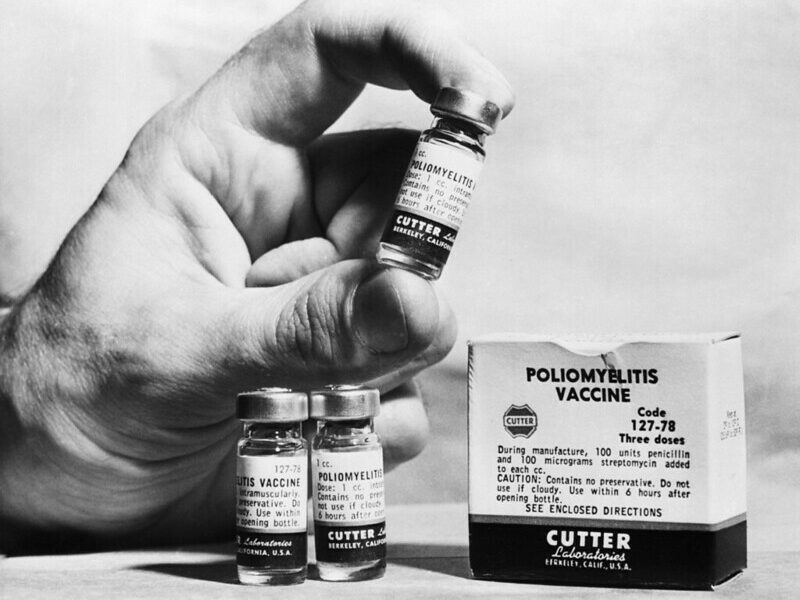The Centers for Disease Control and Prevention announced two more cases of an emerging type of “superbug” last week.
Two patients in a Rhode Island hospital tested positive for bacteria containing New Delhi metallo-beta-lactamase (NDM), an enzyme that causes the bacteria to be resistant to most antibiotics.
The enzyme is transferred easily to other types of gram-negative bacteria via a snippet of portable DNA called “plasmid.” The genetic material encodes multiple resistance genes in the new bacteria, rendering them impervious to nearly all antibacterial drugs.
When it was first identified in 2008, NDM was thought to be mostly limited to healthcare settings in India and Pakistan. Since then, however, it has spread throughout Asia, Europe and now the United States, and it has been found in several types of bacteria, including the nearly ubiquitous Escherichia coli, or E. coli.
The two cases reported last week involved both Klebsiella pneumoniae and E. Coli.
The first patient, a Rhode Island resident, was on a trip to her native Cambodia when she was diagnosed with a spinal compression and admitted to a hospital in Ho Chi Minh City, Vietnam. During her stay, medical staff placed a catheter in her atonic bladder (meaning a dilated bladder that does not empty properly).
When she returned to Rhode Island this past January, she was hospitalized again following a lymphoma diagnosis. As part of her treatment, she underwent chemotherapy and once more required bladder catheterization. Urine cultures showed a beta-lactamase-producing E. Coli and carbapenemase-producing K. pneumoniae, and contact precautions were put in place to prevent its spread. The CDC later confirmed the bacteria contained NDM. After which, the patient was further restricted to her room.
The patient was treated with a wide range of antibiotics, including ciproflaxin and colistin. The isolates found were shown to be resistant to 24 antimicrobials, and susceptible to only colistin, tigecycline and polymyxin B.
A second patient in the same hematology/oncology unit later tested positive for carbapenemase-producing K. pneumoniae.
It is unclear how the NDM-containing bacteria spread within the hospital. Separate medical teams cared for each patient with no overlapping doctors or nurse practitioners, and the patients did not share a room. Though nursing records showed that 23 nursing staff members in the unit cared for both patients between March 12 and 26.
The CDC reported that after contact precautions and environmental cleaning were implemented, no further cases were identified.
These patients bring the total number of NDM cases in the United States to 13.
The concern over anti-microbial resistant pathogens is not new, but it is growing. It’s estimated that more people in the United States die of MRSA than of HIV infection and tuberculosis combined.
The rapidly growing number of antimicrobial-resistant pathogens coincides with a lean pipeline of new drugs to treat these infections. The number of therapeutic options available to combat drug-resistant bacteria has dwindled, and few are being developed to take its place.
This has resulted in an increase in the use of old-generation antibiotics, such as colistin, that were replaced by the less-toxic aminoglycosides in the 1970s. The potential side effects of these older antimicrobials have yet to be thoroughly researched.
Currently, infection with NDM-containing bacteria is not a notifiable disease and thus could be underreported.
